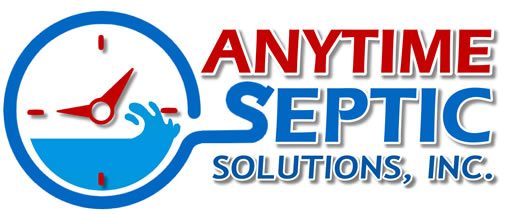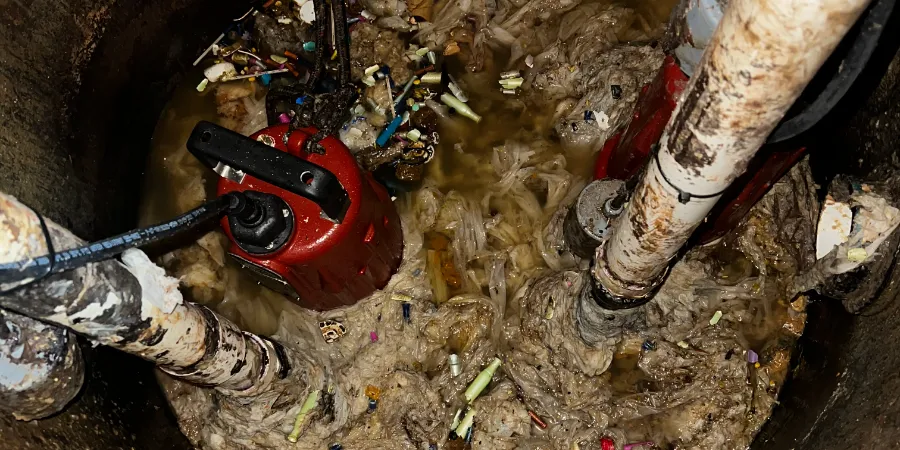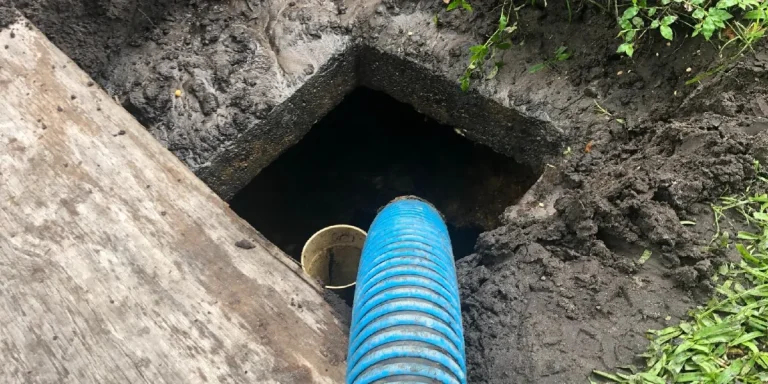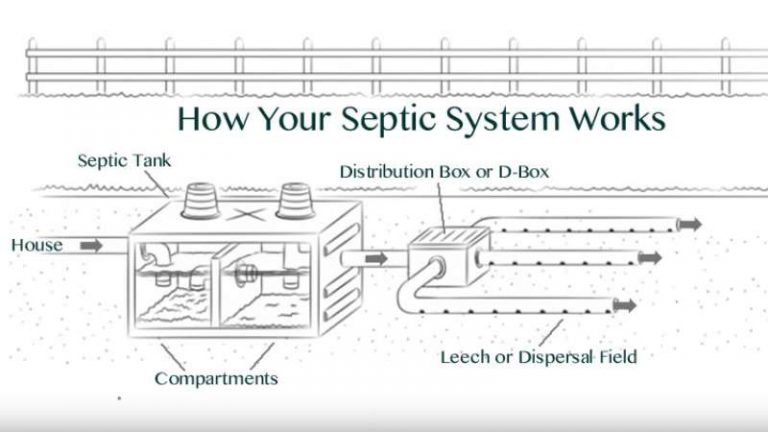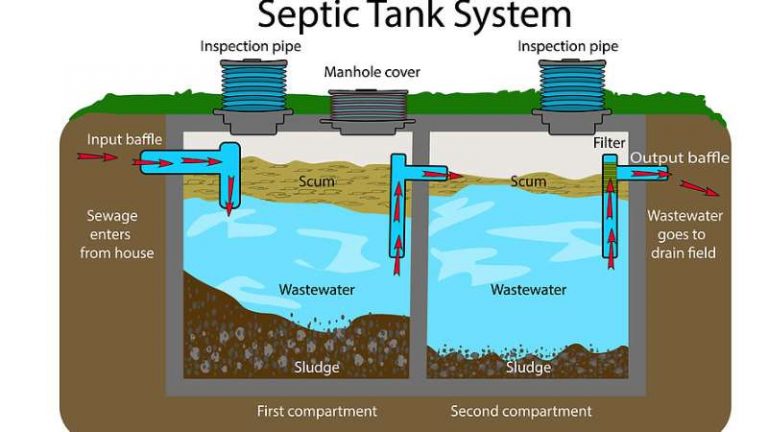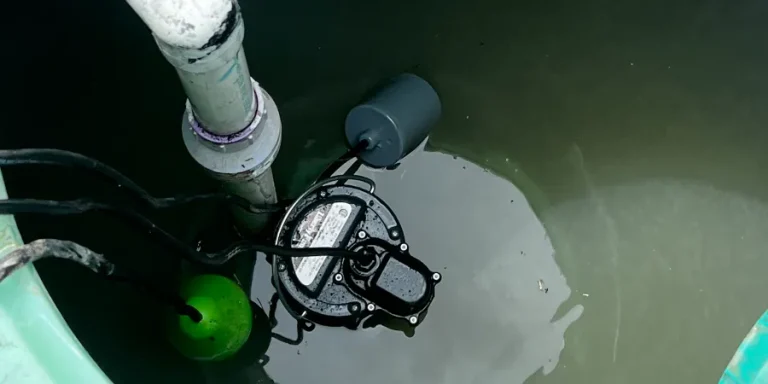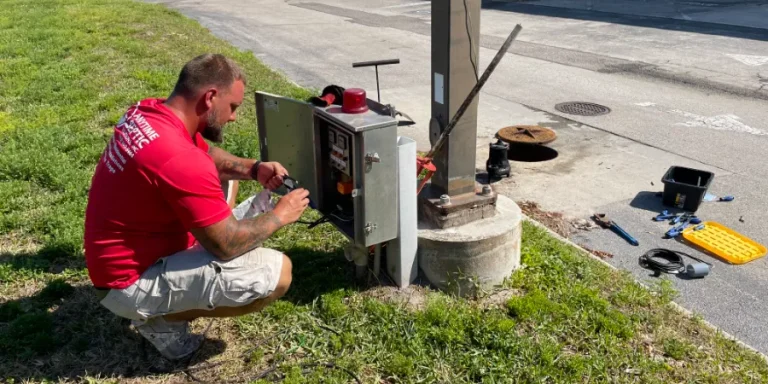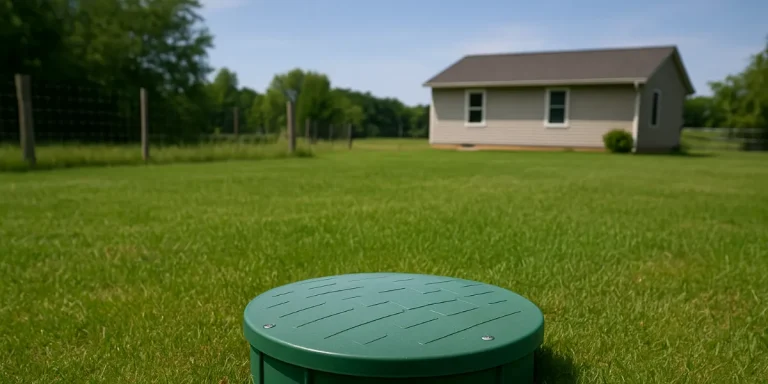What Causes A Septic System Backup?
What Causes A Septic System Backup?
A septic system backup can cause significant inconvenience and potential health hazards. Understanding the common causes of septic system backups can help prevent them and maintain the efficiency of your septic system. Below are some common reasons why septic systems back up, along with brief explanations of each problem.
Grease, Fat, or Oil Build-Up
How Grease, Fat, and Oil Affect Your Septic System
Grease, fat, and oil are common culprits in septic system backups. These substances do not break down easily and can solidify in the pipes and septic tank once they cool down, causing blockages. Over time, this build-up eventually restricts the flow of wastewater and can lead to a backup. Regular septic pumping can help manage this issue.
Prevention Tips
- Avoid pouring grease, fat, or oil down the drain.
- Dispose of these substances in the trash or a designated container.
- Make sure everyone in your household understands not to flush fat, oil or grease down the toilet or down the drains.
Tree Roots Clogging the Line
How Tree Roots Impact Your Septic System
Tree roots naturally seek out moisture and nutrients, making your septic system a prime target. Roots can infiltrate the pipes, causing blockages and even damaging the pipes. This can restrict the flow of wastewater and lead to backups.
Prevention Tips
- Plant trees away from your septic system.
- Regularly inspect and maintain your septic system to catch root infiltration early.
- Use root barriers to protect your septic lines.
Non-Flushable Items
The Problem with Non-Flushable Items
Items like baby wipes, feminine hygiene products, and other non-flushable materials can cause significant blockages in your septic system. Some of these items might even claim to be flushable! As a septic professional, I can assure you they are not! These items do not break down like toilet paper and can accumulate, leading to backups and system failures.
Prevention Tips
- Only flush toilet paper and human waste.
- Dispose of baby wipes, feminine hygiene products, and other non-flushable items in the trash.
- Educate household members about what can and cannot be flushed.
Clogged Effluent Filter
How Effluent Filters Work
The effluent filter is designed to prevent solids from leaving the septic tank and entering the drain field. Over time, these filters can become clogged with debris, which can restrict the flow of wastewater and cause a backup.
Prevention Tips
- Clean or replace the effluent filter regularly, typically during routine septic tank pumping.
- Monitor the filter for signs of clogging or reduced flow.
Clogged Distribution Box
The Role of the Distribution Box
The distribution box evenly distributes wastewater to the drain field. If the distribution box becomes clogged or damaged, it can cause an uneven distribution of wastewater, leading to backups and potential drain field failure.
Prevention Tips
- Inspect the distribution box annually.
- Clear any clogs promptly.
- Ensure the box is level and in good condition.
Damaged Drain Field
How Drain Fields Can Be Damaged
The drain field is essential for filtering and dispersing wastewater. If the drain field becomes compacted, clogged, or otherwise damaged, it can lead to backups in the septic system. Causes of damage include heavy traffic over the field, improper installation, and lack of maintenance.
Prevention Tips
- Avoid driving or parking vehicles over the drain field.
- Regularly inspect and maintain the drain field.
- Address any signs of saturation or poor drainage promptly.
Pump Stopped Working
The Importance of a Functioning Pump
In systems that use a pump to move wastewater to the drain field, a pump failure can cause immediate backups. Pumps can fail due to electrical issues, mechanical failure, or wear and tear.
Prevention Tips
- Regularly inspect and maintain the pump.
- Replace worn or damaged pumps promptly.
- Ensure the pump has a backup power source in case of electrical failure.
Do You Need Help With A Clogged Septic System?
Septic system backups can be a major inconvenience and pose serious health risks. Understanding the common causes can help you prevent these issues and maintain a healthy septic system. If you’re experiencing any of these problems or need professional maintenance, don’t wait. Call Anytime Septic Solutions, Inc. today or fill out our contact form to schedule a service. Let us help you keep your septic system running smoothly and efficiently.
By understanding these common causes of septic system backups and taking preventive measures, you can help ensure the longevity and efficiency of your septic system. Regular maintenance and timely repairs are important. Contact Anytime Septic Solutions, Inc. for all your septic system needs.
